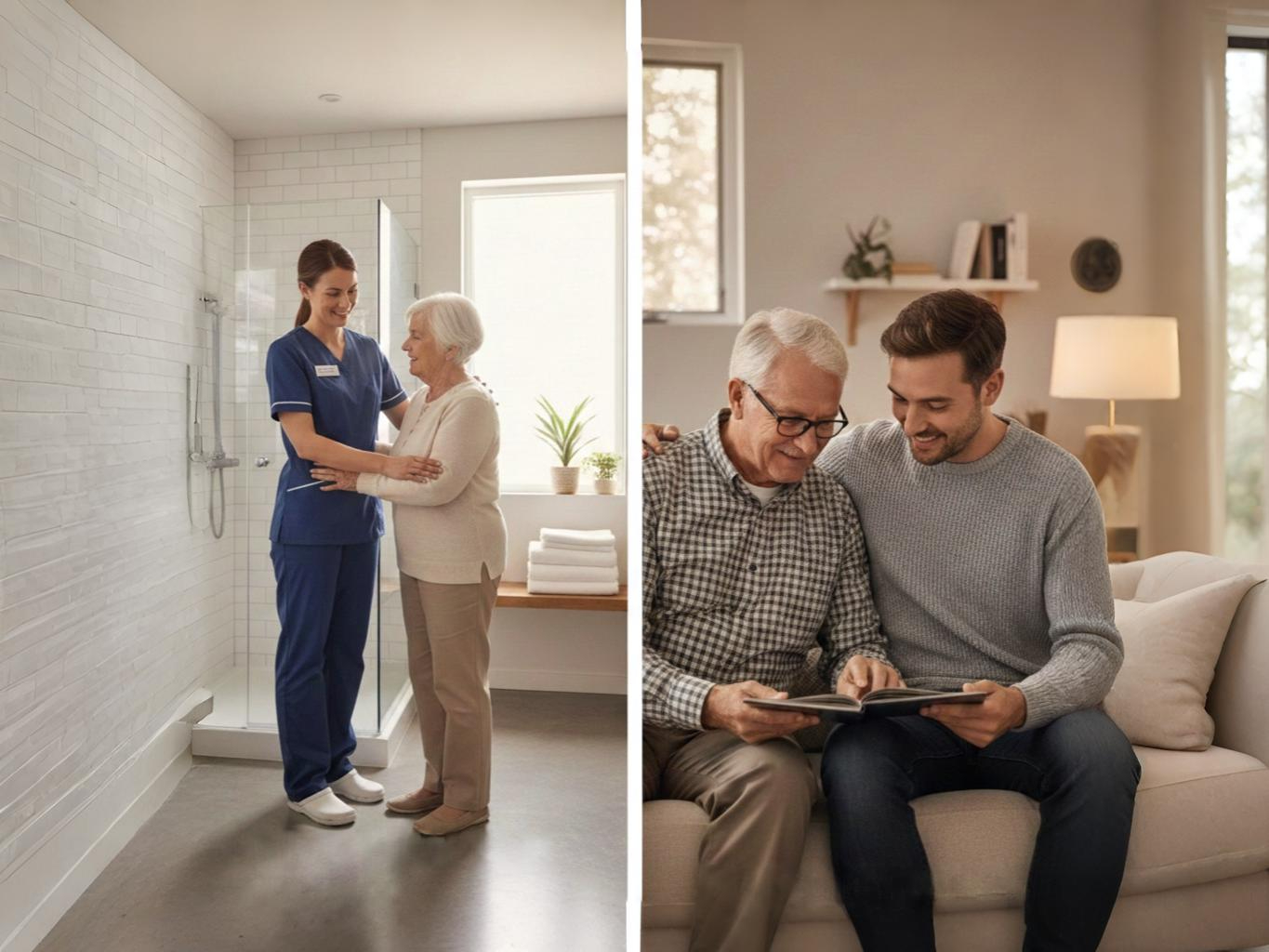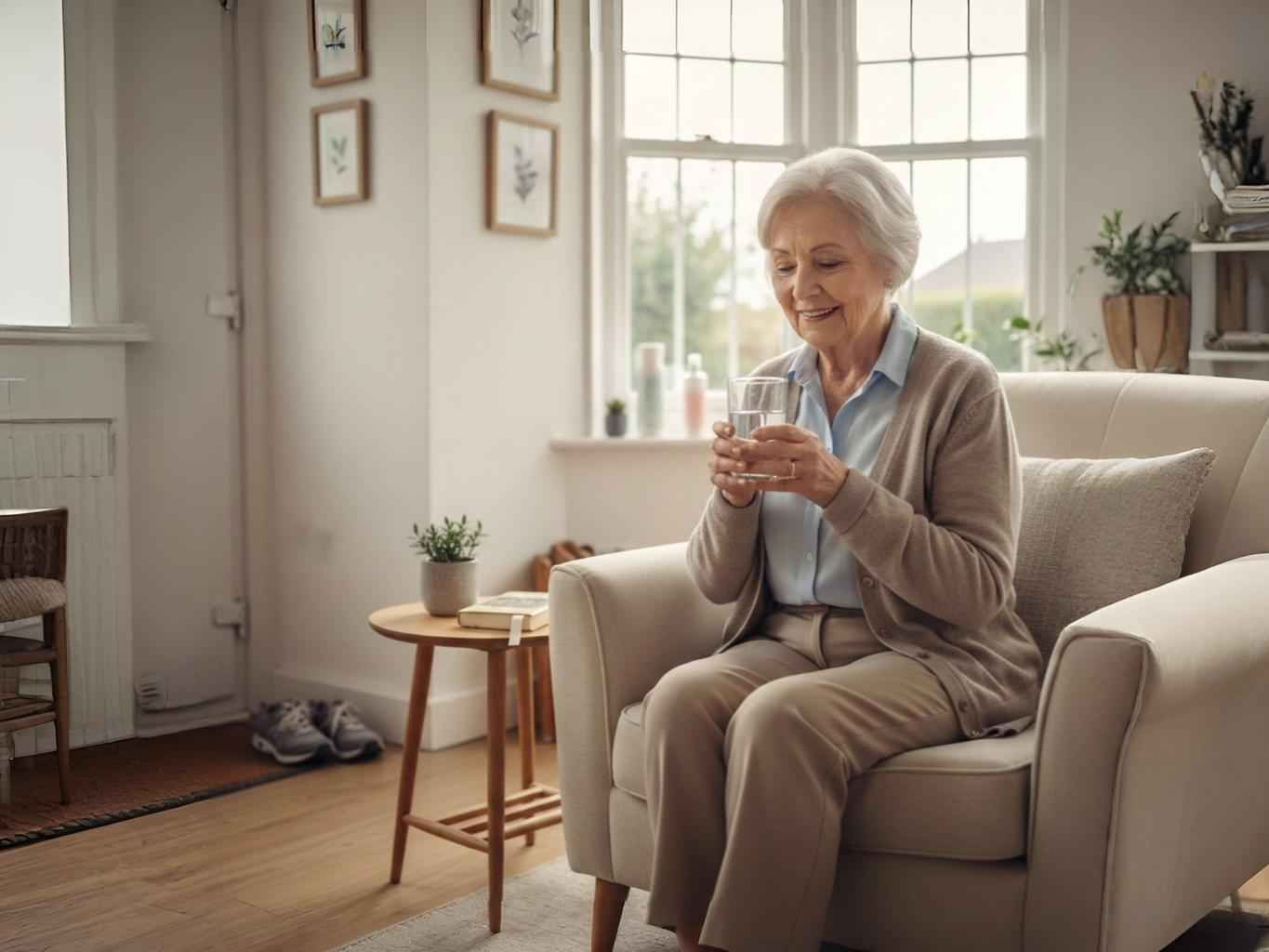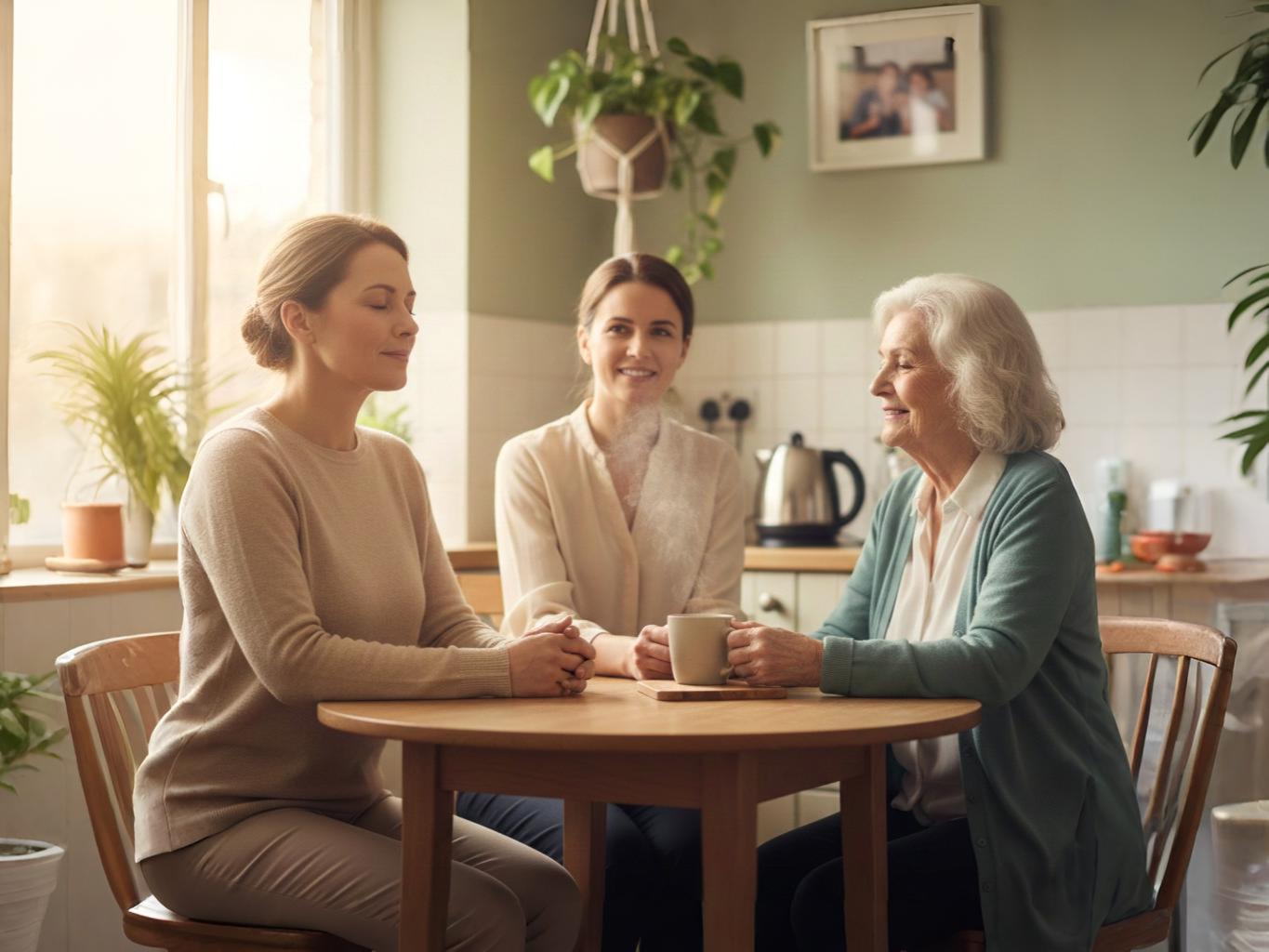We understand that seeking help can be a difficult step, but it’s important to realize that you are not alone. Understanding its essence and its need in society today is crucial. Our society moves rapidly, and some of our loved ones face challenges in fulfilling their daily yet simple tasks. Some are burdened with disabilities, while some just move very far away from their families.
This article dives into the diverse nature of personal care and highlights the significance, role, and value of an in-home care assistant. In essence, personal care isn’t just about tasks, it’s about preserving dignity, physical, and emotional well-being.
Understanding Personal Care
What is personal care? It focuses on the daily routines and comforts that allow someone to continue living smoothly. A PCA is not a nurse. Their role isn’t about clinical treatments, changing medication, or even prescribing.
Instead, the beauty of in-home care is its flexibility. It adapts according to the person’s needs, whether that’s a quick morning visit to the doctor, help with bathing, or even breakfast. We understand that seeking help can be an overwhelming step, but your disability doesn’t have to make you feel lonely.
The Significance and Its Scope
Seeking individual support might be draining, as asking for help feels a bit overwhelming. But asking for help is a brave act. It is important to realise that individual support is important for keeping up with their daily tasks and confidence. With help, they can achieve efficient care that offers dignity, independence while safeguarding their emotional and physical well-being.
1. Everyday Routines
The sole function of the assistance is to provide a helping hand with your daily tasks. Daily tasks like taking a bath, brushing, sometimes eating, or as simple as dressing. For some people, high mobility activities are difficult; therefore, assisting them eases their frustration as well as lifts their mood eventually.
2. Comfort and Well-being
Hygiene is not negotiable. Keeping things neat and tidy makes the individual feel comfortable and at peace. This could mean preparing fresh clothes, supporting a relaxed bedtime routine, or helping with grooming.
3. Nutrition and Mealtimes
Just like hygiene, health is also a part of the plan. Although doctors do prescribe a nutritious meal and a balanced diet. It is the duty of the caregiver to keep the meal healthy and deliver it at the right time. Sensitive dietary restrictions are also respected. Some people find meal times fairly difficult; in those cases, emotional support helps a lot.
4. Safe Movement at Home
Moving forward, if a person uses a wheelchair or any other mobility device. Transferring between chairs and the bed is a hassle. Hence, it’s their duty to help them move around safely.
5. Privacy and Sensitive Support
Working and checking the boxes is one thing, but keeping things private and confidential is crucial throughout every step. There are some sensitive tasks, like toileting, that the individual requires. Hence, PCAs are trained to support with kindness and respect, and protect one’s dignity.
6. Companionship
Yet again, completing tasks and fulfilling responsibilities is easy, but being a companion is also essential. Providing emotional support, having a friendly conversation, or just connecting over some tea helps to reduce feelings of loneliness and isolation. These feelings affect nearly one in three adults aged 50-80.
Why is Personal Care Important?
Personal care affects not only the individual but also their families. Here are some of the reasons why it is so important.
1. Protecting Health
Hygiene checks, balanced meals, and safe mobility may prevent the health conditions from progressing any further. Something as simple as reminding to take medicines on time or even moral support creates a positive impact on the overall well-being.
2. Supporting Independence
For some people, asking for help or hiring a personal assistant means losing their independence. On the contrary, our care supports the idea of independence and gives great value to one’s personal choices, religion, and taste. Just giving the idea that they are in full control of their life decisions provides mental relaxation and eases their frustration.
3. Preserving Dignity
Accepting help can feel difficult. But when care is delivered with respect, dignity is not lost. Sensitive, patient carers make sure the person feels valued, not dependent.
4. Reducing Loneliness
Elderly people who stay at home often feel lonely and disconnected. Therefore, having a home carer with regular visits provides companionship and connection, which eventually reduces loneliness.
5. Giving Families Peace of Mind
Knowing that their loved one is well-fed, groomed, and well taken care of gives their families mental relief. Taking care of a physically challenged member can be exhausting and difficult to manage with children, work, and other activities. Hiring a trusted professional can lift a huge weight off their shoulders. This allows the family to bond more and spend more quality time together instead of only managing tasks.
Personal Care as Part of Home Care Services
While personal support is the main goal, it often combines with other services to create a complete support plan. This can include:
- Light housekeeping, such as laundry, light cleaning, or running errands.
- Medication, Health Monitoring, and keeping track of meals
- Safety, mobility, and well-being support.
How Bridgegate Care is The Best Choice in Nottingham
Furthermore, if you’re based in Nottingham, Bridgegate Care can provide trusted personal care services according to your needs. Our team supports everything from daily routines and meal preparation to companionship and live-in care options.
We understand that care is deeply personal. That’s why each plan we design benefits the individual, making sure it reflects their lifestyle, religion, and values. Our plans are customizable according to the client’s needs.
Conclusion
In conclusion, care and personal assistance go beyond basic support. This article highlights enough advantages of in-home support. From hygiene to mobility to preserving choices and values.
With the growing demand for trusted care services in Nottingham, Bridgegate Care ensures your loved one receives care that benefits the whole family. Here at our facility, our team can guide you through the options and create a care plan that feels right for your loved one.
FAQs
1. Is Personal Care the Same for Everyone, or is it Customizable?
No, it is not the same. They can be customized to each person’s needs, routines, and preferences. What works for one individual may not work for another.
2. What Can Caregivers Do To Adapt Routines for a Person With Dementia?
Yes, they can. By using creativity and caregiving skills, they can adapt routines and activities as needs change.
3. How Flexible are Personal Care Services?
These services are generally quite flexible, adapting to individual needs and preferences, and values.
4. How Many Home Care Providers in Nottingham Offer live-in Care?
There are 69 Home Care Providers offering live-in care in Nottingham, including Bridgegate Care.





